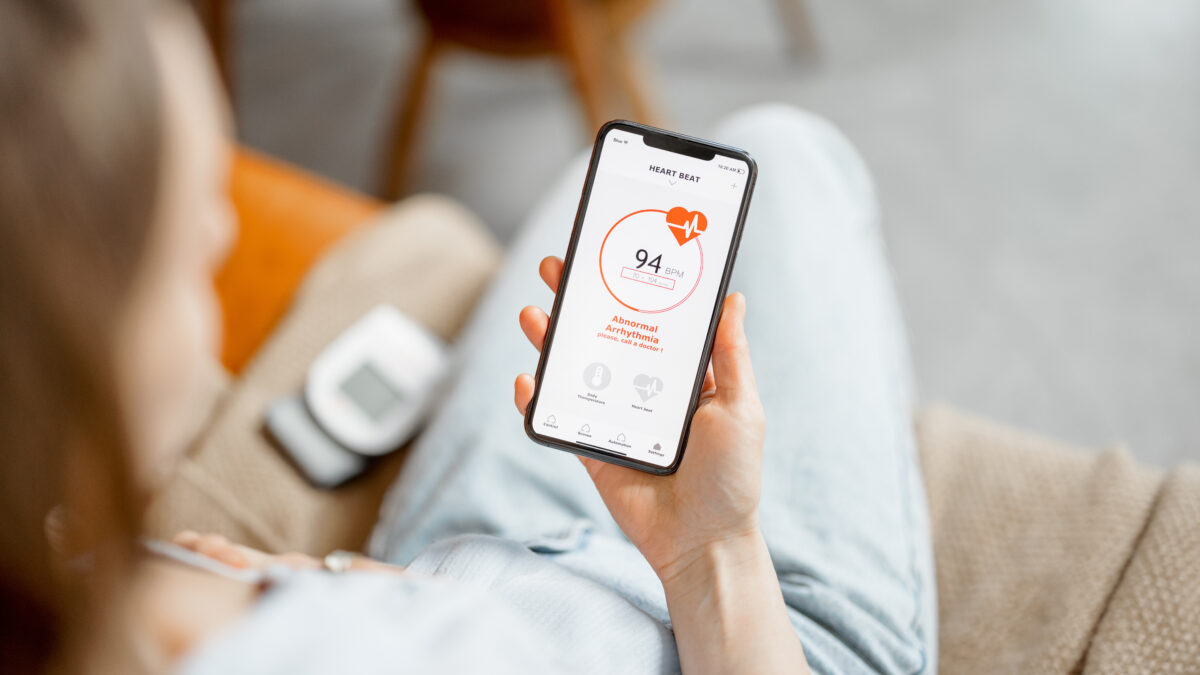Connected digital technologies have revolutionized how people do all kinds of things, including take care of their health. Now a new generation of digital health technologies is coming online.
The category is a broad one, ranging from evidence-based wellness applications to wearable medical devices, from home health monitoring to cybersecurity tools.
In response to the surge of health technology innovation, the U.S. Food and Drug Administration has established a new advisory committee. The committee will offer technical and subject-matter expertise on digital health technologies to the Commissioner of the Food and Drugs Administration as the agency develops related policies and regulations.
Unlocking Better Care and Reducing Barriers
Clinicians and regulators are optimistic that digital health technology advancements can promote patient-centered care by dramatically expanding available tools.
Advocates also anticipate that digital health technology could:
- Reduce barriers to care
- Augment provider availability during shortages
- Reduce systemic disparities in access to care, including specialists
- Minimize stigma around some conditions and treatments
- Limit the cost and inconvenience of hospital stays for patient monitoring
- Provide ongoing support for chronic conditions
- Improve overall patient health outcomes
Clinical trials could also get a boost. By allowing patients to more accurately collect data about their own health, digital health technologies hold significant promise for decentralized clinical trials. Patients could collect and relay a host of personal information to researchers via wearable tech or home testing, offering a more complete picture of some illnesses. And patients’ geographic distance from clinical trial centers would no longer prevent them from participating.
Balancing Innovation with Safety
Nearly a dozen prescription digital therapeutics are currently FDA approved and available to treat a limited number of conditions. But collecting and transmitting all that personal medical information also presents challenges for cybersecurity and patient privacy. Innovations to secure the path and storage of patient data are also underway.
Fast-paced innovation in digital health technologies merits enthusiasm as well as caution. The FDA advisory committee is an excellent start.
